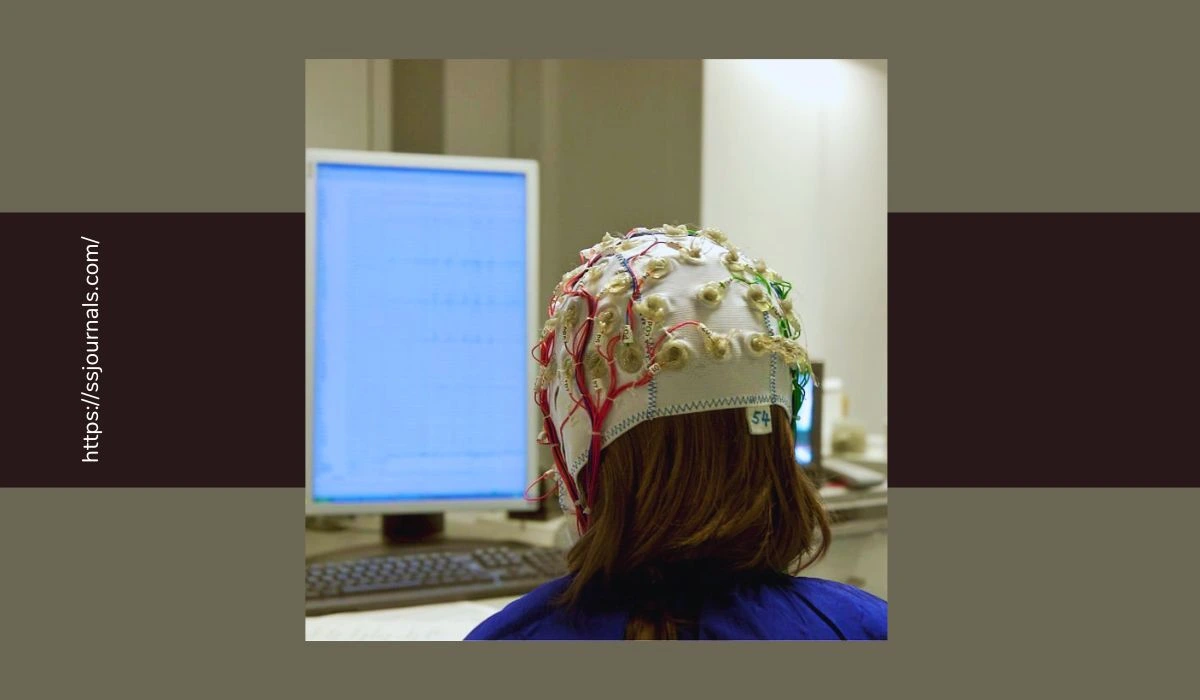Seizures are episodes of abnormal electrical activity in the brain that result in a temporary disruption in brain function. Seizures can cause changes in behavior, movements, feelings, and levels of consciousness.
Understanding what causes seizures is important for diagnosis and treatment. In many cases, the underlying cause can be identified and seizures can be well-controlled with medication and other therapies.
What Causes Seizures?

There are many potential causes of seizures. Some of the most common include:
- Epilepsy – A neurological disorder characterized by recurrent, unprovoked seizures. This is the most common cause, accounting for around 50% of seizures. There are different types of epilepsy with different underlying causes.
- Head Injuries – Head trauma can cause brain injury and disruption of normal brain cell activity, increasing seizure risk.
- Strokes – Strokes interrupt the brain’s blood supply, killing brain cells, which can trigger seizures.
- Infections – Infections like meningitis, encephalitis, and neurocysticercosis can cause seizures.
- Tumors – Brain tumors, especially those located in the temporal lobe, can irritate surrounding brain tissue and cause seizures.
- Substance Use – Alcohol withdrawal, recreational drug use, and very high doses of certain prescription drugs may provoke seizures in some people.
- Genetic Conditions – Conditions like Dravet syndrome and Lennox-Gastaut syndrome have a genetic component and a high risk of difficult-to-control seizures.
In about 10% of cases, no specific cause can be identified beyond a susceptibility to recurrent seizures. While many seizure disorders cannot be cured, the majority of people living with them can achieve good control through treatment.
Seizure Symptoms
Seizure symptoms vary depending on the type and cause, but can include:
- Convulsions – Violent, involuntary muscle contractions and relaxation
- Loss of consciousness – Ranging from staring spells to unresponsiveness
- Uncontrolled jerking – Involuntary muscle movements like facial twitches or nodding
- Sensory changes – Tingling, numbness, dizziness, disturbed vision, taste or smell
- Impaired mental function – Confusion, speech difficulties, memory loss
- Temporary paralysis – Inability to move parts or all of the body
- Odd behavior – Repetitive motions, random vocalizations, unresponsiveness
Recognizing seizure symptoms is important for prompt treatment and prevention of injury. Those witnessing a seizure should keep the environment safe and call for medical help if seizures last more than 5 minutes.
4 Types Of Seizures
There are many types of seizures, but they mainly fall into these 4 categories:
- Generalized seizures – affect both sides of the brain. Types include tonic-clonic (grand mal), absence (petit mal), myoclonic, clonic, tonic, and atonic seizures.
- Focal onset seizures – Originate in one area of the brain. Can be aware or impaired awareness types. May turn into bilateral convulsive seizures.
- Unknown onset seizures – Onset unobserved or not clearly originating from one side.
- Non-epileptic seizures – Not caused by abnormal electrical brain activity. Can mimic epileptic seizures.
Determining seizure type through symptoms, EEG, and clinical history is important for treatment planning. Many epilepsy syndromes feature a characteristic seizure type.
Conclusion
Seizures have many potential underlying causes. Epilepsy and other neurological conditions are common culprits, but seizures can also result from injury, infection, drug effects, and unknown susceptibility. Symptoms are related to brain disruption and range from staring spells to severe convulsions.
Treatment is aimed at controlling seizures through medications, devices, surgery, or dietary therapy based on the seizure type and cause. While seizures may not be fully curable, gaining control over them is possible in most cases with proper diagnosis and management.
FAQs
A: Seizures may indicate a serious medical condition like a brain tumor, stroke, or neurological disorder. However, many seizure cases can be managed well with treatment once the cause is identified. One-time seizures from a clear trigger like drug use, head injury, or infection are not necessarily an ongoing concern. Recurrent, unprovoked seizures should be evaluated by a neurologist.
A: Severe stress and anxiety do not directly cause epileptic seizures in someone without a seizure disorder. However, stress and lack of sleep may lower the seizure threshold in people with epilepsy. Managing stress and anxiety through relaxation techniques may help reduce seizure frequency.
A: Seizures from epilepsy and fever-related seizures are most common in young children and older adults. However, seizures from head injuries, strokes, brain tumors, and substance use more often affect teens and younger adults. Overall, seizures can occur at any age.
A: Remain calm, ease the person to the floor, and move objects out of the way to prevent injury. Do not restrain the person or put anything in their mouth. Time the seizure duration. Call 911 if it lasts more than 5 minutes, for a first-time seizure, repeat seizures, difficulty breathing, or a seizure in water. When the seizure ends, roll the person on their side to aid breathing. Reassure and reorient the person as they recover.
A: Natural remedies are not substitutes for doctor-prescribed seizure medications. However, some dietary therapies like the ketogenic diet have scientific evidence for reducing seizure frequency. Other complementary remedies like meditation, biofeedback, acupuncture, and CBD oil may provide additional benefits for managing stress and anxiety related to seizures for some patients.

